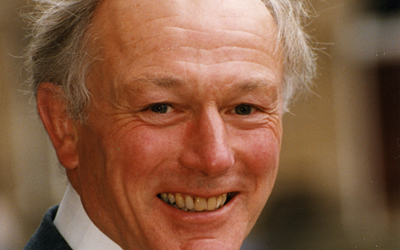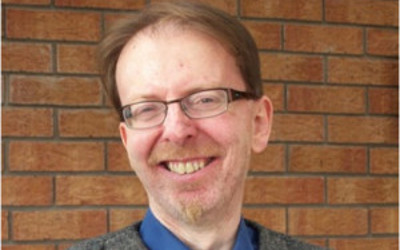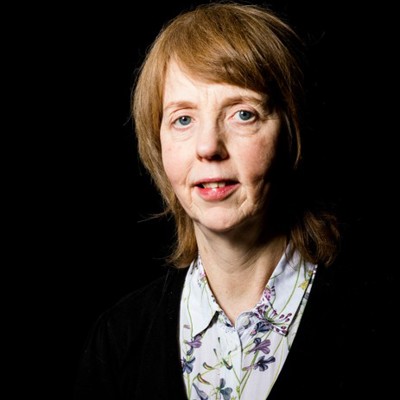Platinum blog series - Historical Sexual Offences (Pardons and Disregards) (Scotland) Act 2018
As part of our platinum blog series our policy executive and secretary to the Society's Criminal Law Committee Gillian Mawdsley looks at the Historical Sexual Offences (Pardons and Disregards) (Scotland) Act.
The legacy of Alan Turing, the Bletchley mathematician, lies in his role in shortening the Second World War by cracking the Enigma code. I would suggest that his role should also be clearly seen in Scotland with the commencement of the provisions of Historical Sexual Offences (Pardons and Disregards) (Scotland) Act 2018 earlier this month on 15 October 2019.
In 2013, the UK Government started the important step forward of decriminalising those convicted of historic sexual offending when they granted Alan Turing a posthumous pardon. For Scotland, the culmination of that decriminalisation process has been achieved by the effect of this Act as it comes into force.
We cannot delete history where there were prosecutions resulting in convictions for same sex offending behaviour that is no longer treated as criminal and though it may be late to recognise the wrongs that were caused, the opportunity to amend has been seized.
The First Minister took the first step at the Bill’s introduction when she apologised to those affected which she did wholeheartedly, accepting responsibility for the hurt that had been caused.
As the Act comes into force, section 1 of the Act permits:
(a) pardons to those persons who were convicted of those offences, and
(b) provides for a process for convictions for those offences to be disregarded.
Under section 3 of the Act, those convicted of a historical sexual offence are to be pardoned for the offence if the conduct constituting the offence, if occurring in the same circumstances, would not now be an offence. Section 5 of the Act sets out the process for those affected to make an application.
Our responsibilities, however, should not stop there. By passing the Act, Scotland took a significant and vital step forward in ensuring that Scotland becomes a more just, equal and fair society for us to live in as its citizens.
Those who are affected should be encouraged to make such applications and for the application process to be as simple and expeditious as possible to allow them to obtain the benefit of the disregard quickly. For years, their lives have been affected in ways that most of us cannot imagine. They may not have applied for jobs, promotion or undertaken voluntary roles for fear of disclosing a conviction.
For those affected, it means everything. They can move onto the next stage of their lives, free from stigma. It comes too late for Alan Turing, but his name may forever be associated with those who have been freed from the blight of such convictions.

Platinum blog Ken Pritchard

Platinum blog Andrew C Ferguson


